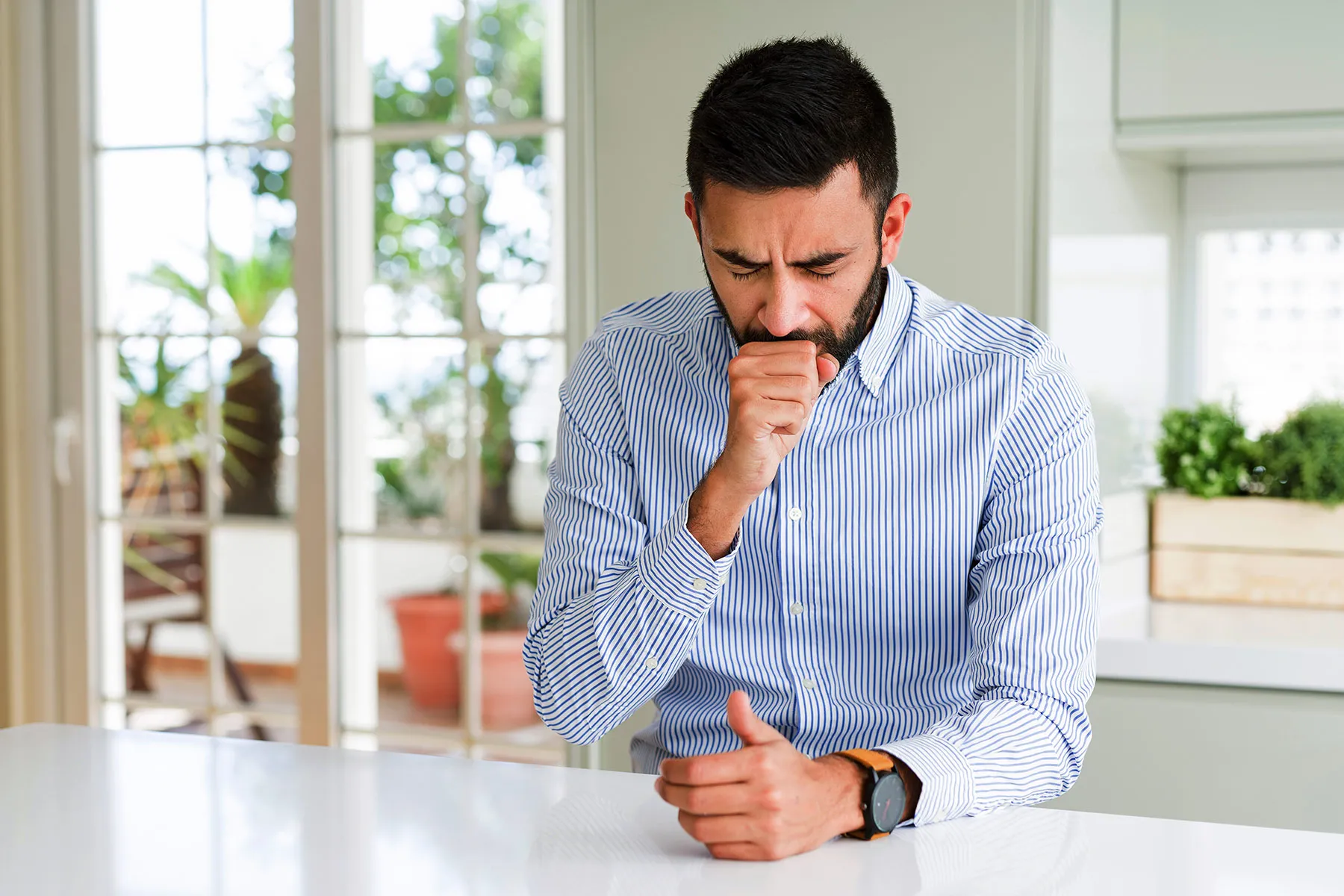
Coughs send more people to the doctor’s office than any other specific symptom. And Americans spend billions of dollars every year on over-the-counter medications like suppressants and expectorants to treat them.
Clearly we’re concerned about our coughs. Clearly lots of us rely on medications to treat them. What’s unclear is the answer to this core question: Do these medicines work?
“We’ve never had good evidence that cough suppressants and expectorants help with cough,” says Norman Edelman, MD, senior scientific advisor at the American Lung Association. “But people are desperate to get some relief. They’re so convinced that they should work that they buy them anyway.”
Should you use these products? Here’s what you need to know about the pros and cons of common cough medicines.
Coughs cause a lot of misery.
- They send more than 30 million people to the doctor every year.
- By some estimates, they’re the most common medical symptom.
Many of us badly want an effective cough treatment, but we don’t seem to have one. No new licensed remedy has appeared in more than 50 years — and the case for older drugs isn’t strong.
- A review of studies found no proof that common over-the-counter drugs help with your cough. This includes suppressants like dextromethorphan, which block your cough reflex, and expectorants like guaifenesin, which are supposed to loosen up mucus in the airways.
- One survey of cough medicine studies from the last few decades found nothing to show that they help with coughs caused by viruses.
It’s important to understand that these studies don’t say cough medicines don’t work. Rather, they’ve just found no proof that they do. It’s always possible that further studies could show that they help.
Because of a lack of good evidence that cold and cough medicines help — and a very small risk of serious side effects — the FDA said in 2008 that toddlers and babies shouldn’t get these products. Drug makers agreed to change the labeling of over-the-counter cough and cold remedies. Now they’re only recommended for children ages 4 and older.
The American Academy of Pediatrics went further, saying there’s no reason parents should use them in children under 6.
But moms and dads might not be listening. In a nationwide poll, more than 60% of parents with children under age 2 said they’ve given their kids cold or cough medicine.
People find them reassuring, says John E. Heffner, MD, past president of the American Thoracic Society.
When we’re sick with a cough — or worse, when our children are sick — we’ll do anything to relieve it. Knowing there’s a medicine we can use makes us feel more in control. People may also start feeling better a few days after taking a cough medicine, so they assume it’s working. But the cough just goes away on its own, Edelman says. The medicine has little to do with it.
Although experts agree that young children shouldn’t take cough medicine, they’re OK for most older children and adults. The odds of serious side effects are very small, Edelman says.
That said, anyone with a medical condition — like heart disease or high blood pressure — should check with a doctor before using any cold medicine.
Heffner says you should also see your doctor if a cough lasts longer than 5 to 7 days, or comes with other symptoms like a fever or rash.
Don’t overuse the drugs in cough and cold medicines. This can happen accidentally. You could take more than one brand of cold and cough medicine without realizing that both contain the same ingredients. Or you might take multiple doses because the first didn’t help. If one dose doesn’t help, more won’t get the job done either, Edelman says. Instead, you’ll put yourself at risk of an overdose.
Experts say it may not help a lot, but it probably won’t hurt older children and adults.
Your doctor might even suggest it. “I consider a cough suppressant in some patients who have a chronic cough that hasn’t responded to other treatments,” Heffner says.
If you’re wary of using over-the-counter cough treatments, try a little honey in warm tea. It’s just for adults and older kids, though. Honey isn’t safe for children under age 1.
There’s one last thing to consider before reaching for the medicine. Coughing can be good for you. It’s how our bodies clear out excess mucus and other irritants, Edelman says.






